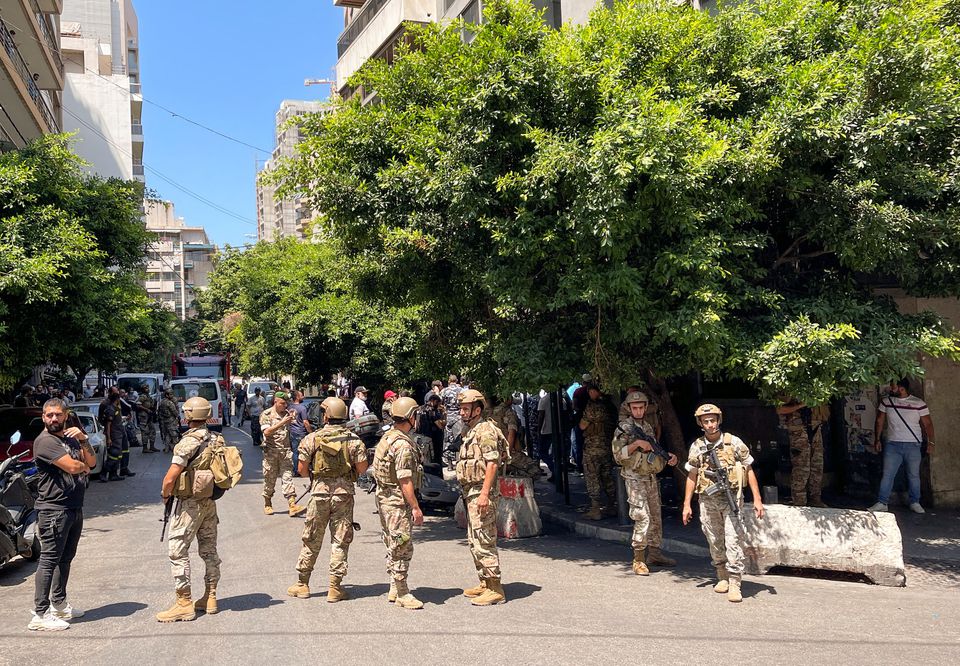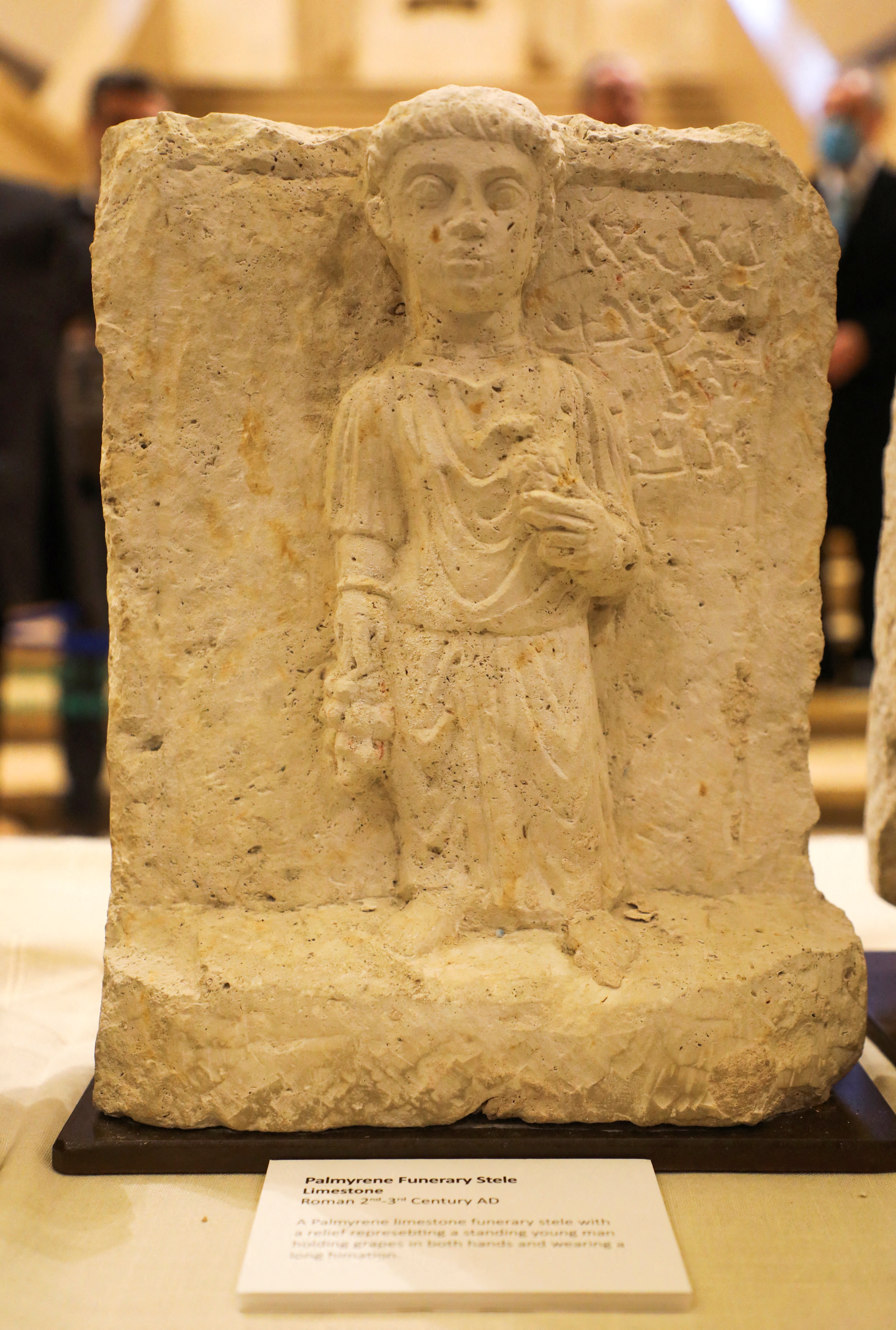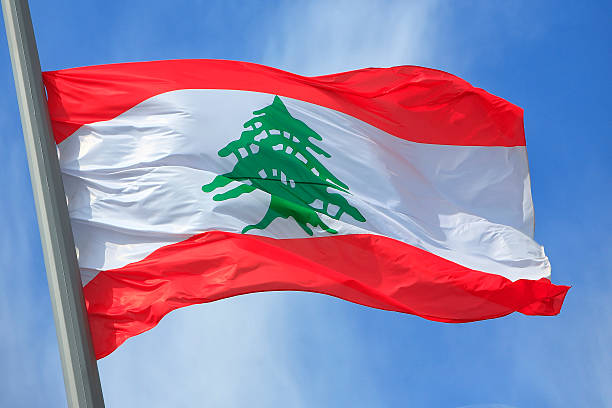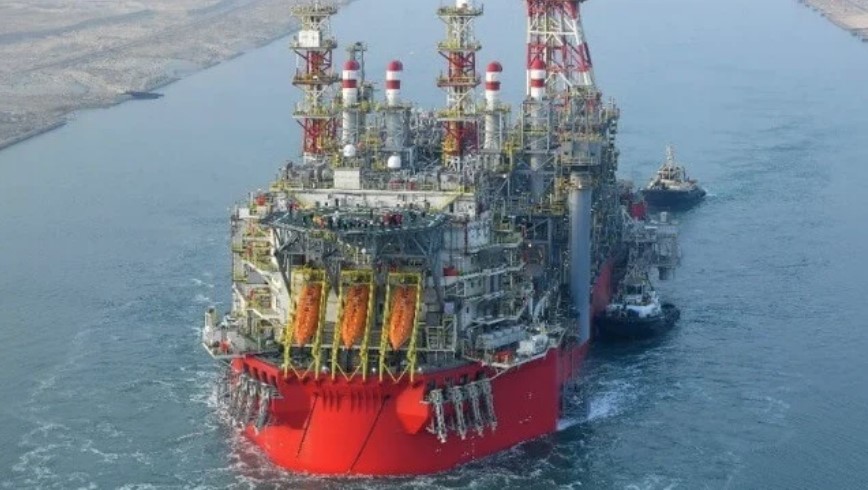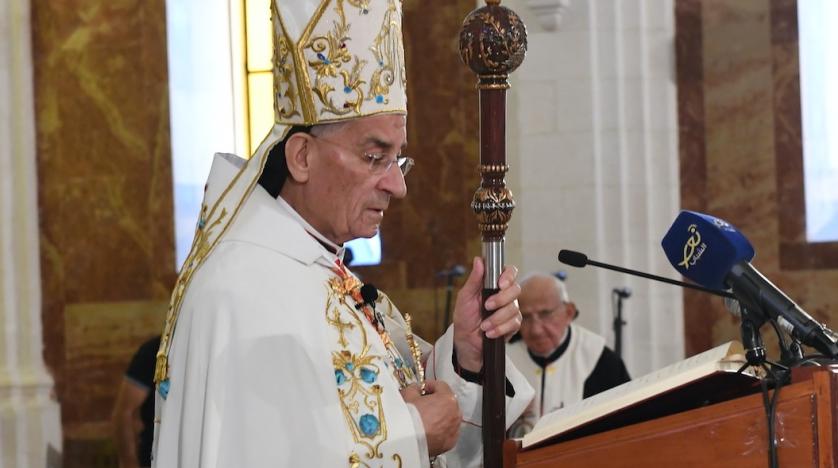
by english.alaraby.co.uk — Lebanon saw an outpouring of sympathy on Thursday for an unlikely recipient: a bank robber and hostage-taker. Bassam Al-Sheikh Hussein entered a Federal Bank of Lebanon branch in Beirut and pulled out a shotgun when he was told he could not access the money in his bank account he needed to fund life-saving medical care for his family. He resorted to holding six bank employees hostage to gain access to his life savings. Though his methods were shocking, people gathered outside the bank and online expressed compassion for the 42-year-old, who they said was pushed to violence by Lebanon’s endemic corruption.
What happened?
Hussein entered a Federal Bank of Lebanon branch in the Hamra neighbourhood of west Beirut just before noon on Thursday. He demanded $200,000, from his own bank account. When employees refused the request, Hussein began screaming that his relatives were in hospital and pulled out a gun, according to videos circulating on social media. The 42-year-old threatened to set himself on fire unless he was allowed to take his money. Six hostages were stuck in the building, including one customer and five employees, Reuters reported. The stand-off ended after six hours with the hostage-taker in police custody after he was promised $300,000 of his savings. No one was hurt. Dozens of protesters gathered to support Hussein amid the hostage-taking situation, exclaiming that corrupt politicians and bankers had pushed individuals to the brink. “For the Lebanese people and for the depositors, this man is a hero,” Hassan Moghnieh from the Lebanese Depositors Association told Al Jazeera. “His father is in the hospital. The bank is giving him 8 million (Lebanese pounds) per month, which means less than 300 dollars while he is paying for electricity 10 million a month. How can he survive? How can he survive?”, he asked.
According to the Lebanese Depositors’ Union, the father of the gunman requires $50,000 for medical treatment. Hussein was only able to withdraw $1,000 from his account over the last three years due to strict withdrawal limits in Lebanon, despite having around $209,000 in deposits. “Riad Salameh, any drop of blood that falls inside is on you,” said the crowd of protesters, referring to the widely-condemned central bank governor who Lebanese accused of enriching himself and his friends while normal citizens suffer.

